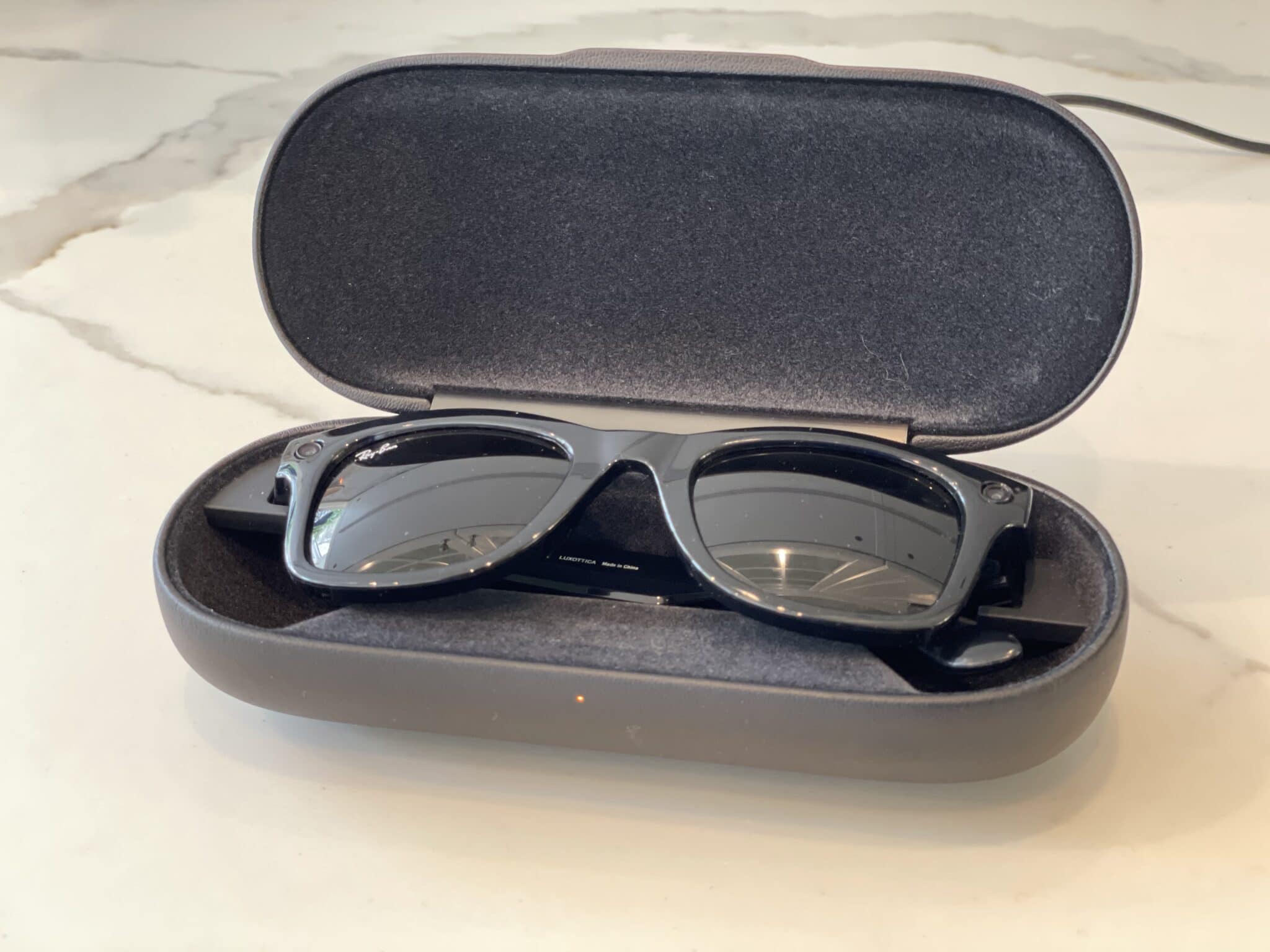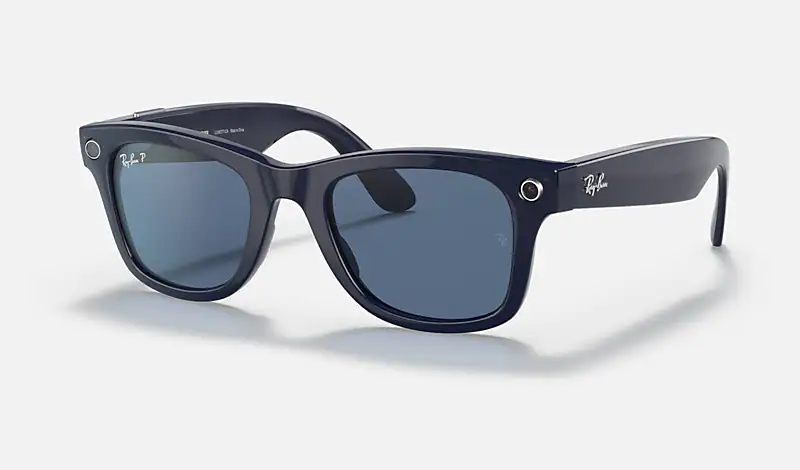The Wall Street Journal reported last week that less than 10% of purchased Ray-Ban Stories glasses are being “used actively” by their owners.
The statistic comes from “a [Meta] document from February reviewed by The Wall Street Journal.” The Journal also reports Meta is nonetheless planning to release a second generation of the Stories with Ray-Ban either this fall or next spring, “according to people familiar with the matter.”
A report from The Information also previously indicated plans for a 2023 launch of the second generation Stories, while Meta and Ray-Ban parent company Luxottica confirmed work on new smart glasses in October of last year. The most recent report from The Verge reaffirmed a second generation launch this year, with a third generation reportedly planned for 2025 featuring a “viewfinder” display and neural input wristband.
Meta (then-Facebook) announced the first generation of Ray-Ban Stories in September 2021, introduced as a new line of smart glasses with built-in cameras, speakers and a microphone. They primarily allow the wearer to capture (and later share) point-of-view photos and videos, but can also play music and be used for phone calls. There is no display of any sort in the glasses – a companion mobile app is used to view, download and share the captured content.
As such, Ray-Ban Stories are not a “true” AR device and exist separate to Meta’s in-development AR glasses. Originally set for a 2024 release, those glasses now reportedly won’t launch until at least 2027 due to the industry-wide difficulties in overcoming core challenges associated with the technology.
Until those challenges are overcome, Meta looks set on continuing its collaboration with Luxottica and making Ray-Ban Stories a predecessor product line on the path to true augmented reality.
According this week’s report from the Journal, the second generation Stories will offer similar functionality to the first generation, but with improved battery life, better cameras and availability across more Ray-Ban frames. The second generation device will reportedly not have features “that would be categorized as augmented reality.”
The Journal reports that Meta sold a total of 300,000 first generation Ray-Ban Stories between launch in September 2021 and February 2023, of which there are reportedly only 27,000 monthly active users.
According to the document viewed by the Journal, Ray-Ban Stories devices reportedly experienced a return rate of 13%, citing users who had issues with connectivity, battery life, importing captured media and more.
UploadVR reached out to Meta prior to publication for comment and confirmation of the report’s details, but did not receive a response.
You can read our ‘eyes-on’ experience with the first generation of Ray Ban Stories below.







